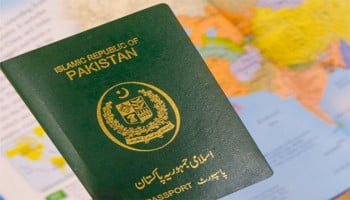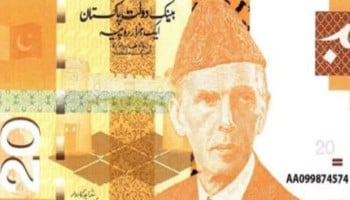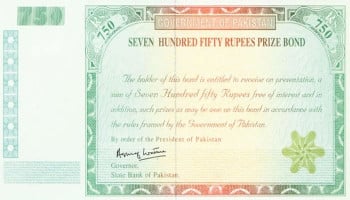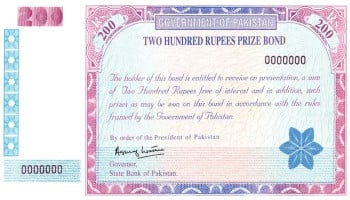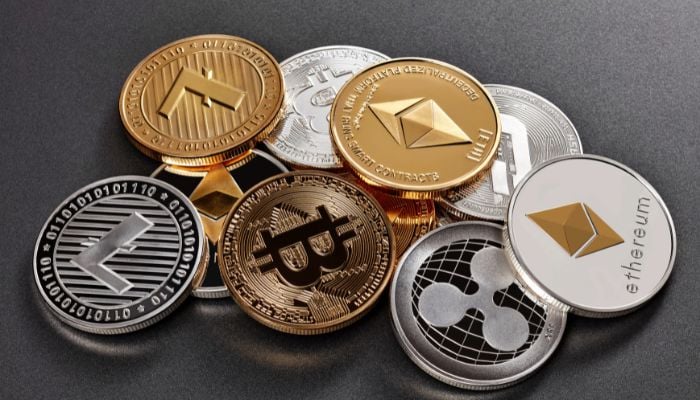
In order to regulate how its citizens deal with virtual currencies, South Korea is planning to ban the purchase of cryptocurrencies via credit card.
The Financial Services Commission (FSC) Of South Korea presented the idea of banning the purchase of cryptocurrencies via credit card to reduce the margin for notorious elements to misuse crypto assets for illegal activities like money laundering and terror financing.
South Korea — among several other countries — is concerned because crypto transactions are private and most of the time untraceable which makes them easy for criminals to exploit.
In an official post, the FSC said: “Concerns have been raised about the illegal outflow of domestic funds overseas due to card payments on overseas virtual asset exchanges, money laundering, speculation, and encouragement of speculative activities.”
Read more: What is cryptocurrency mining?
According to the current laws in South Korea, it is mandatory for all crypto exchanges (local) to collect and save the identities of their users for verification purposes. However, these rules aren’t applicable to international exchanges.
“In the future, it is expected that a basis for cooperation with international brands will be established and prevention of foreign currency outflow and money laundering will be strengthened,” the FSC added.
It should be noted that the Services Commission will accept public opinion in this regard on February 13 following which a concrete decision will be announced in the first half of the ongoing year, 2024.
The latest numbers by the regulator show that the crypto market in South Korea had touched the valuation of $46 billion by the end of 2021, with the number of users reaching nearly 5.58 million or around 10% of the country's population.











